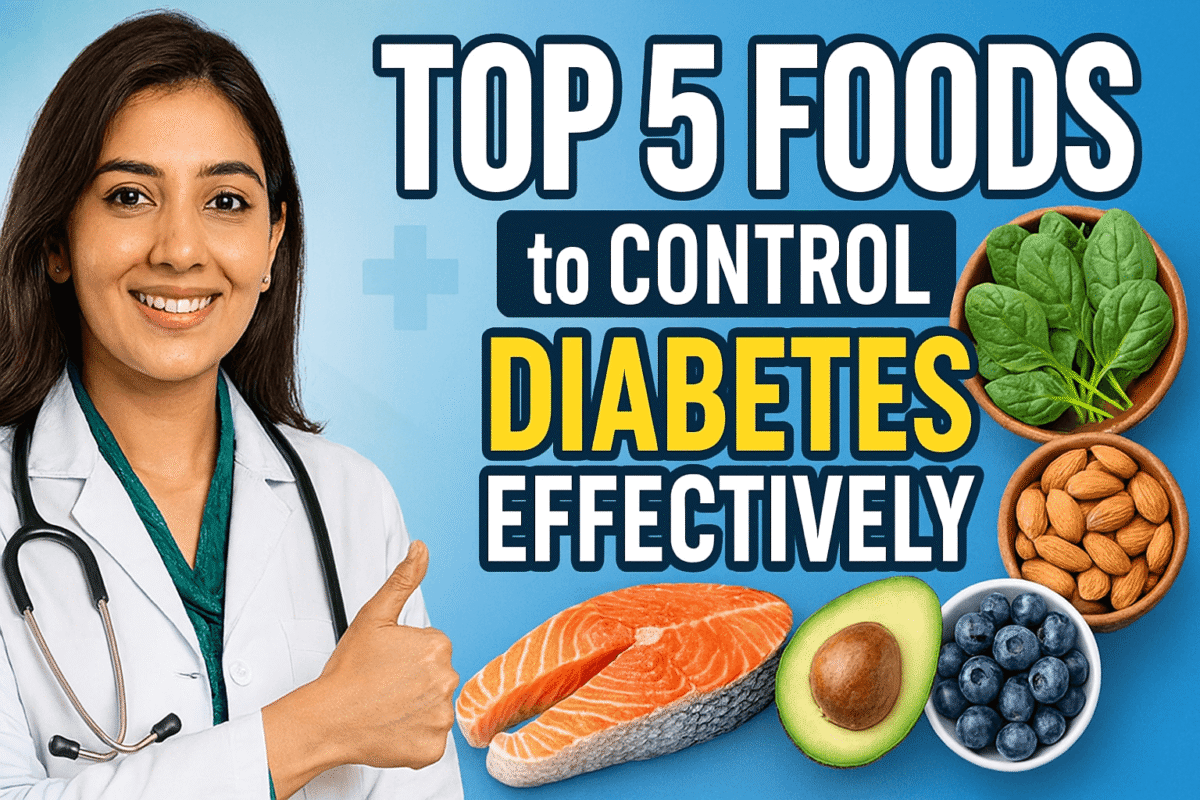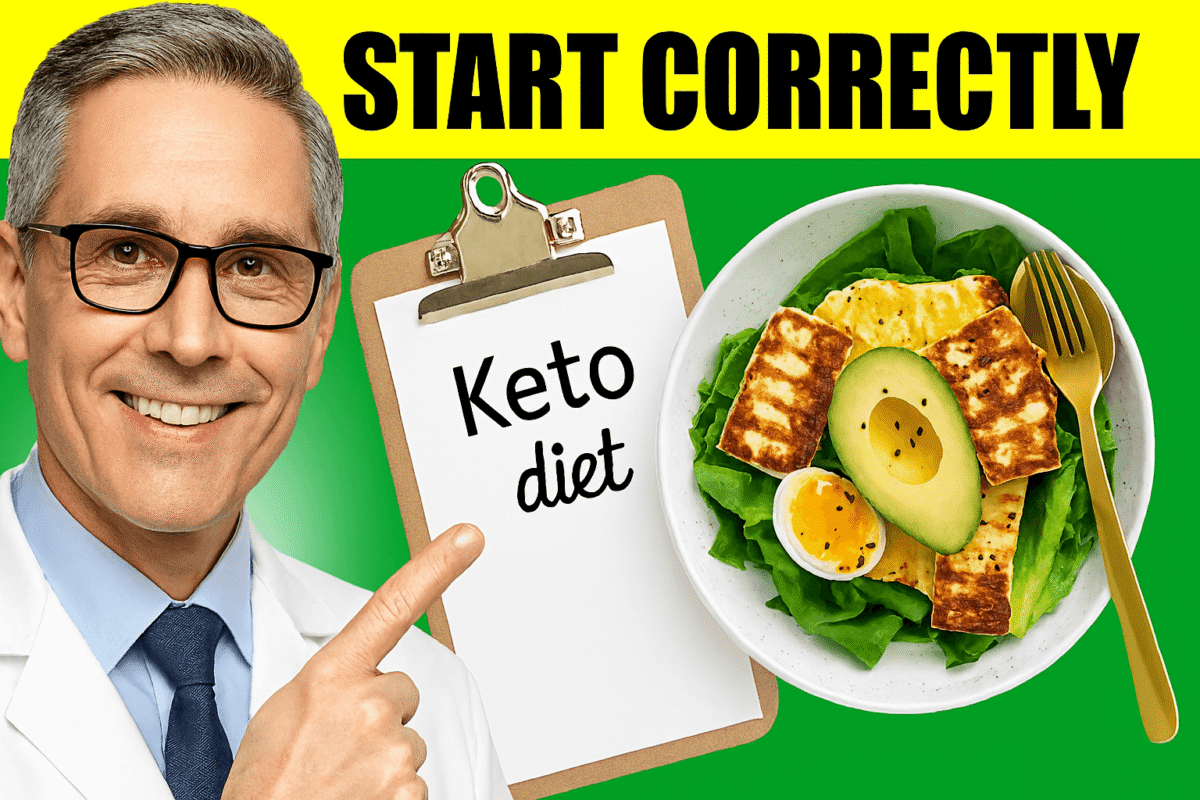Blog
The Keto Diet, Benefits and Drawbacks Explained

In recent years, the ketogenic diet, commonly referred to as the keto diet, has surged in popularity as a weight-loss strategy. This diet is characterized as a high-fat, low-carbohydrate regimen designed to induce a metabolic state known as ketosis—where the body shifts from using carbohydrates for energy to burning fat. In this article, we will explore the benefits and drawbacks of the keto diet, helping you decide if it's the right fit for your health and lifestyle.
What is the Keto Diet?
The keto diet emphasizes consuming a high ratio of fats, moderate amounts of protein, and minimal carbohydrates. By drastically reducing carbohydrate intake, the body is forced to utilize fat as its primary energy source. This metabolic shift produces ketones, which can serve as an energy source in place of glucose.
How Does the Keto Diet Work?
When you eat fewer carbohydrates, your body enters a state called ketosis. During ketosis:
- Fat is burned for energy, leading to weight loss.
- Appetite is suppressed, primarily due to the production of ketones.
- Glucose levels stabilize, potentially improving blood sugar control.
Benefits of the Keto Diet
The keto diet boasts several potential health benefits that contribute to its appeal:
1. Weight Loss
One of the most significant advantages of the keto diet is the weight loss that many experience. When the body primarily relies on fat for energy, it can lead to a decrease in fat stores and overall weight. Some benefits include:
- Reduced appetite due to ketone production, which may decrease the frequency of snacking.
- Enhanced fat burning, as the diet forces the body to break down fat reserves for fuel.
2. Improved Blood Sugar Control
Research suggests that the ketogenic diet may enhance glycemic control and insulin sensitivity. This could be particularly beneficial for individuals with type 2 diabetes. Key points include:
- The reduction in carbohydrate intake can lead to lower blood glucose levels.
- Components of the diet may assist in managing diabetes.
3. Reduced Risk of Certain Diseases
Some studies indicate that following a keto diet may help lower the risk of diseases such as:
- Heart disease: Although the high-fat content requires thoughtful fat choices, the initial effects on blood lipid levels can be favorable.
- Cancer: Some preliminary research suggests a ketogenic diet may be beneficial in cancer management due to its effect on blood sugar and insulin levels.
- Alzheimer's Disease: Potential neuroprotective effects have been observed in preliminary studies.
Drawbacks of the Keto Diet
Despite its benefits, the keto diet is not without challenges. Here are some notable drawbacks:
1. Restrictiveness
The keto diet is known for being incredibly restrictive, leading to reduced meal variety. This rigidity includes:
- Limited intake of fruits, grains, and starchy vegetables that people enjoy.
- A potential feeling of deprivation that can elevate the risk of binge eating.
2. Short-Term Side Effects
When transitioning to a keto diet, many individuals experience short-term side effects commonly referred to as the "keto flu." Symptoms may include:
- Headaches
- Fatigue
- Constipation These symptoms generally occur as the body adjusts to burning fat instead of carbohydrates and may dissipate over time.
3. Health Risks from High Saturated Fats
A major concern regarding the keto diet is its potential for high saturated fat intake. While this may improve certain blood lipid levels in the short term, long-term reliance on saturated fats could pose risks:
- Elevated cholesterol levels in some individuals.
- Increased risk of heart disease.
Is the Keto Diet Right for You?
Determining whether the keto diet is the right choice for you depends on your individual health goals and lifestyle preferences. Key considerations include:
- Are you looking to lose weight effectively?
- Can you adhere to the restrictions of a low-carb diet?
- Are you aware of the potential side effects and nutritional requirements?
Before initiating any dietary regimen, it's crucial to weigh the pros and cons. Consulting with a healthcare or nutrition professional can provide valuable guidance based on your unique needs.
Conclusion
Ultimately, the decision to follow a ketogenic diet should be well-informed and tailored to your health aspirations. A sustainable diet promotes long-term well-being, so choosing a plan you can adhere to for an extended period is vital. By evaluating the advantages and disadvantages, you can make a choice that fosters a healthy lifestyle long-term.
Remember, no matter what diet you opt for, always prioritize getting a balance of essential nutrients to support your overall health.
Explore various choices, and find what best fits your lifestyle. Live healthy!





